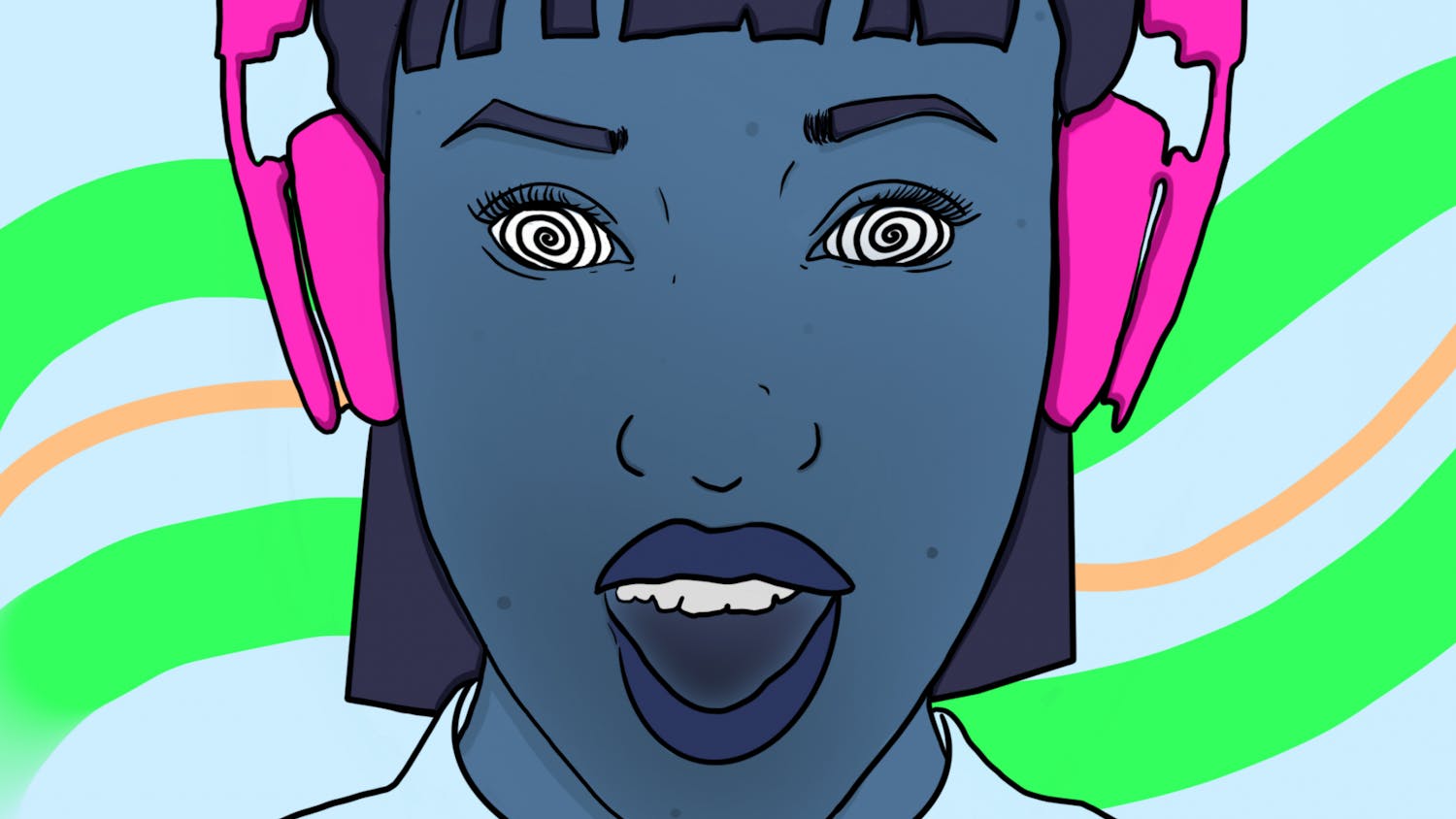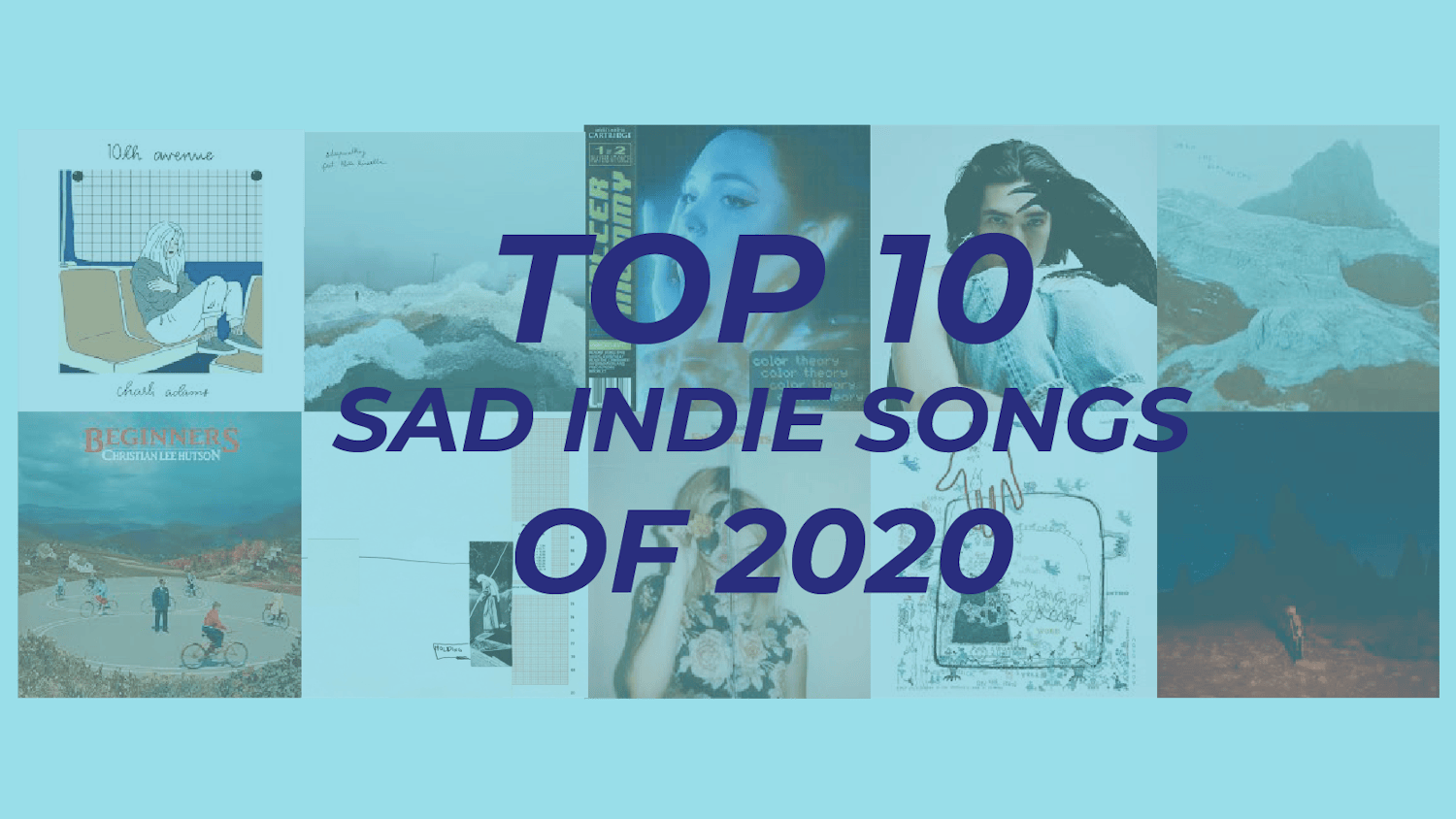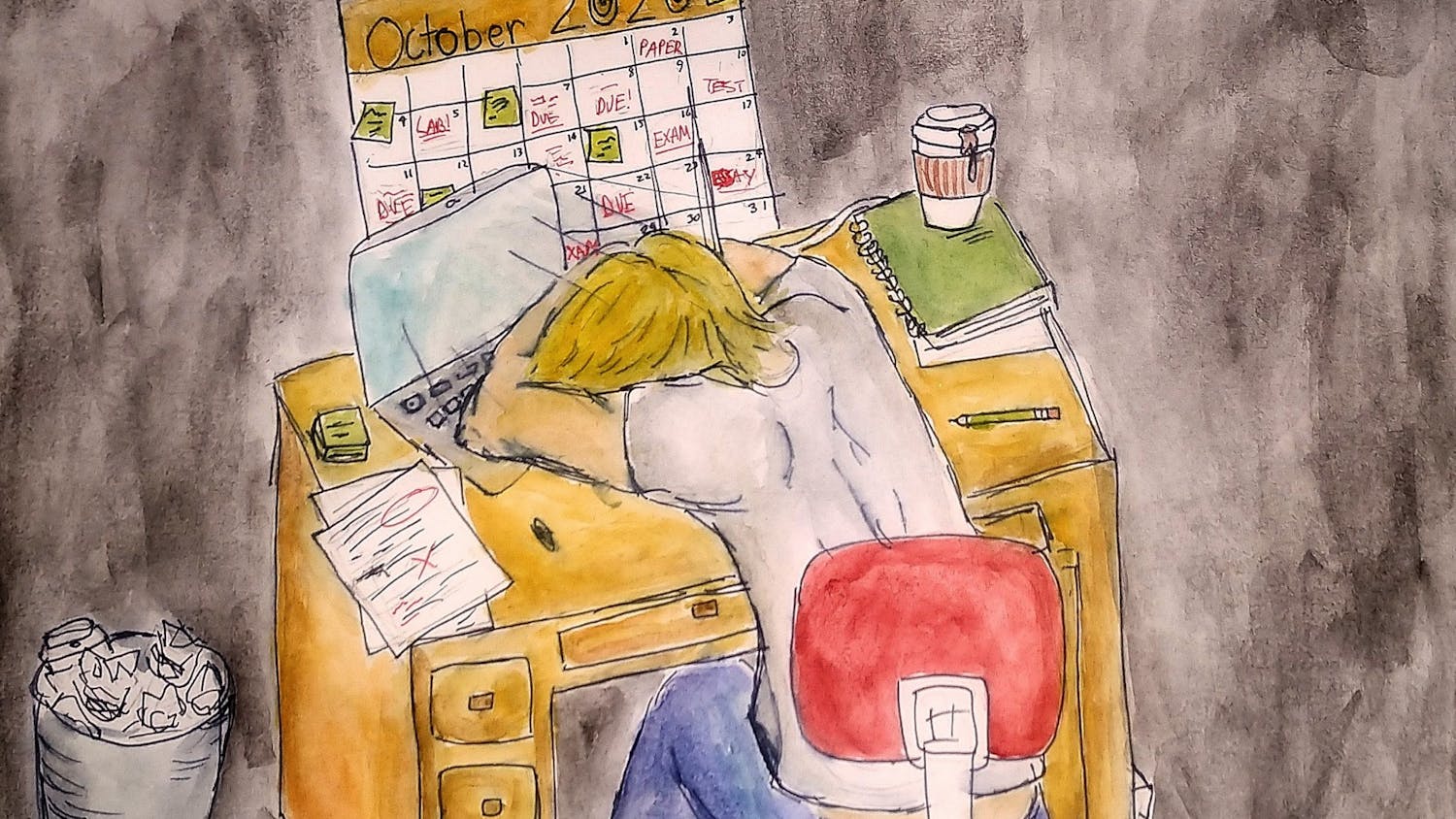It is incredible how fast I can get nostalgic. But it isn’t just me, and it’s not my fault.
My freshman year of college wasn’t cut short, but it did start late. I didn’t show up to Ohio University until January of 2021–halfway through my freshman year and eight months removed from my graduation as a member of the class of 2020 (yeah, remember us?).
Only a year has gone by since I met my first friends in my freshman year dorm, but all of them agree on one thing: life in Washington Hall was something special.
But was it actually? It could’ve been, but it certainly had drawbacks that go completely by the wayside in any discussions about last year. Most anything negative has mysteriously gone missing, filtered out by our collective and very familiar rose-tinted glasses.
But we were built to be nostalgic. We have to be because a combination of pop culture and global circumstances have demanded it. Just look at our media; all we know is rehash: Hollywood doesn’t have original ideas and the music industry tends to put twists on older songs (Dua Lipa’s “Physical,” The Weeknd’s “Secrets”). They say nothing is original under the sun, but when we’re all watching Stranger Things and Fuller House, buying clothes styled after 1970’s fashion, and reviving fonts and design choices that have been dead for decades, that’s something else.
There is a deep-rooted love of nostalgia that has been baked into us as a generation by those that preceded us. (Boomers miss their economy, Gen X misses their music, Millennials miss the early internet, etc.) We’ve been taught how to miss a part of our lives that, in the grand scheme of things, is still occurring or has only recently passed. 2012 was 10 years ago, but you’d think it was 30 the way Gen Z talks about it.
To stop there, however, would be to stop short of the whole picture; look at the state we’re in now because of the pandemic: Nothing is for certain. Many believe there is no point in planning for the future. Science tells us the planet might not have long, and all of the systems, governments and people that were supposed to be in charge have been exposed to be about as competent as the average person. It begs the question, what are we to do?
In a world that is constantly shifting, it is nearly impossible to stand on one’s own two feet. Generation Z, now beginning as young business professionals the world over, are expected to carve a decent spot for themselves into a world that we’re all unsure about. So, we require something stable, and we turn to memory.
Nothing makes us feel safer than remembering a world where Minecraft and YouTube were launching each other into the cultural stratosphere while Gangnam Style was taking over the radio. If there’s one thing that we’ve been taught by those that came before, it’s that nothing releases endorphins quite like living in the past. Especially right now, most of us probably feel like it’s all we have.
A generation brought up on the nostalgia of those that came before is experiencing a global trauma in the prime of their lives. When you look at it like that, who wouldn’t fall back into what they know as a coping mechanism? I’m surprised it didn’t happen sooner.
Turner Burton is a sophomore studying music production at Ohio University. Please note that the views and opinions of the columnists do not reflect those of The Post. Want to talk more about it? Let Turner know by tweeting him @turnerburton3.





